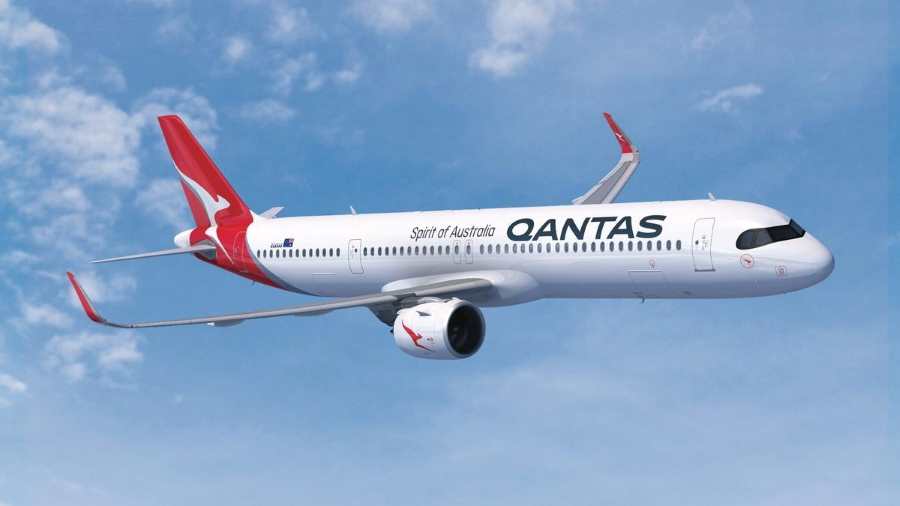



Australia's national airline, Qantas, is making headlines with a significant announcement regarding its flight pricing and new routes. Starting September 3, 2024, the airline will offer a sale on 50,000 flights to the United States, with fares from Sydney to Los Angeles beginning at AUD 1,199 (USD 780), Sydney to Vancouver at AUD 1,599 (USD 1,040), Sydney to New York at AUD 1,699 (USD 1,100), and Sydney to Santiago at AUD 1,999 (USD 1,300). This initiative aims to boost tourism and accessibility for Australian travelers, with travel periods extending from October 2024 to June 2025 [fec3a71e].
In addition to the fare reductions, Qantas is set to launch new direct flights from Melbourne to Honolulu starting in May 2025, which will add approximately 40,000 seats annually. CEO Cam Wallace emphasized that these changes are designed to enhance convenience for customers traveling from Melbourne and to stimulate competition among airlines [fec3a71e].
This announcement comes on the heels of a recent pricing error that allowed approximately 300 first-class tickets to be sold at an 85% discount for flights from Sydney to New York and London. The airline attributed this mistake to a 'coding error' and has since committed to rebooking affected customers in Business Class or offering full refunds [9c5e2f74].
Qantas has been facing scrutiny over its pricing strategies and operational challenges, including selling tickets for canceled flights, which led to compensation agreements for nearly 8,000 passengers [9c5e2f74]. Despite these hurdles, the airline reported a 28% drop in net profit to AUD 1.25 billion (USD 48 billion) for the fiscal year ending June 30, 2024, largely due to lower fares resulting from expanded market capacity post-COVID-19 [5eea5c21].
As Qantas navigates these turbulent waters, the recent fare reductions and new routes may help restore customer trust and improve the airline's reputation, while also positioning it competitively in the market against other airlines like American Airlines, which has recently cut its profit forecast and faced a significant decline in customer bookings [887a040b].